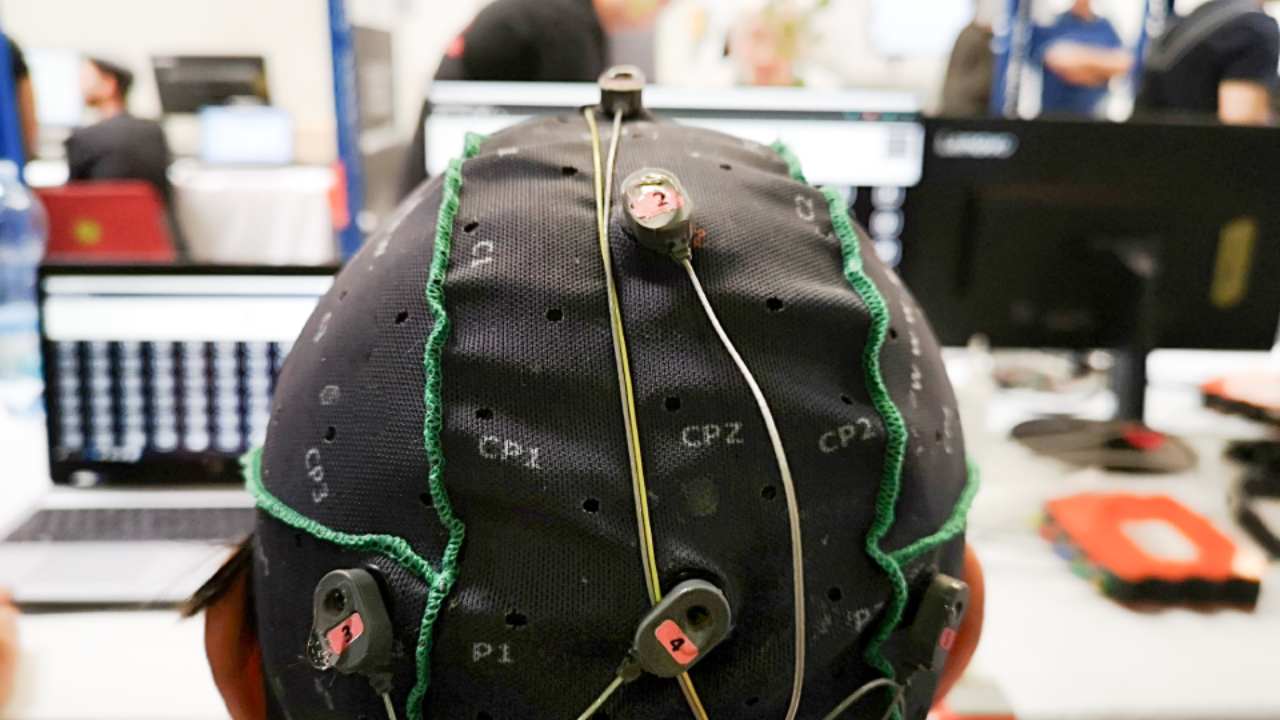Decades of Research Highlight Benefits and Challenges, Emphasizing Caregiver Support and Self-Care.

April 2024 – Years of research has shown both positive and negative effects of being a caregiver.
A study from 2010 looked at the mental health of 1,221 couples from Utah who were part of a community health study since 1995. Over the following decade, they found that those who ended up caring for a spouse with dementia were six times more likely to develop dementia themselves, even after considering factors like age, education, and genetics.
Studies show that dementia caregiving can impact your mental and physical health, especially if you’re a woman, a spouse, or from a lower socioeconomic background and can often lead to experiencing more stress, depression, anxiety, poorer overall well-being and physical health.
Yet, a previous review study on dementia caregiving by spouses and children found that caregiving can bring satisfaction, emotional rewards, personal growth, competence, mastery, increased faith, and spiritual growth, while fostering a sense of duty and enhancing reciprocity and relationship satisfaction between the caregiver and the person with dementia.
Caring for aging parents is often seen as stressful and harmful to mental health, but recent research suggests it can have positive effects.
A recent study examined how caregiving impacts depression in adult children, finding that while caring for a parent with health issues like disability or dementia initially seems linked to higher depression, in the long term it doesn’t significantly increase depression levels. In fact, caregiving might even protect against the negative impact of a parent’s health problems on the child’s mental health, challenging the idea that caregiving is always harmful.
Moreover, caring for a spouse with a disability was found to be linked to fewer feelings of depression, according to a study following over 6,000 married couples for up to 12 years. This suggests caregiving may have mental health benefits and supports the idea of viewing caregiving more positively, aligning with recent research highlighting the positive effects of caregiving and the need for a balanced perspective.
While caregiving can offer satisfaction, it’s important to prioritize self-care and seek support! Click here for more resources on caregiver supports and learn more about caregiving and supports through the caregiver webinar series. Additional resources can be found here including online caregiver support groups, and the caregiver centre as found on our site.
Related Articles: Cogniciti









